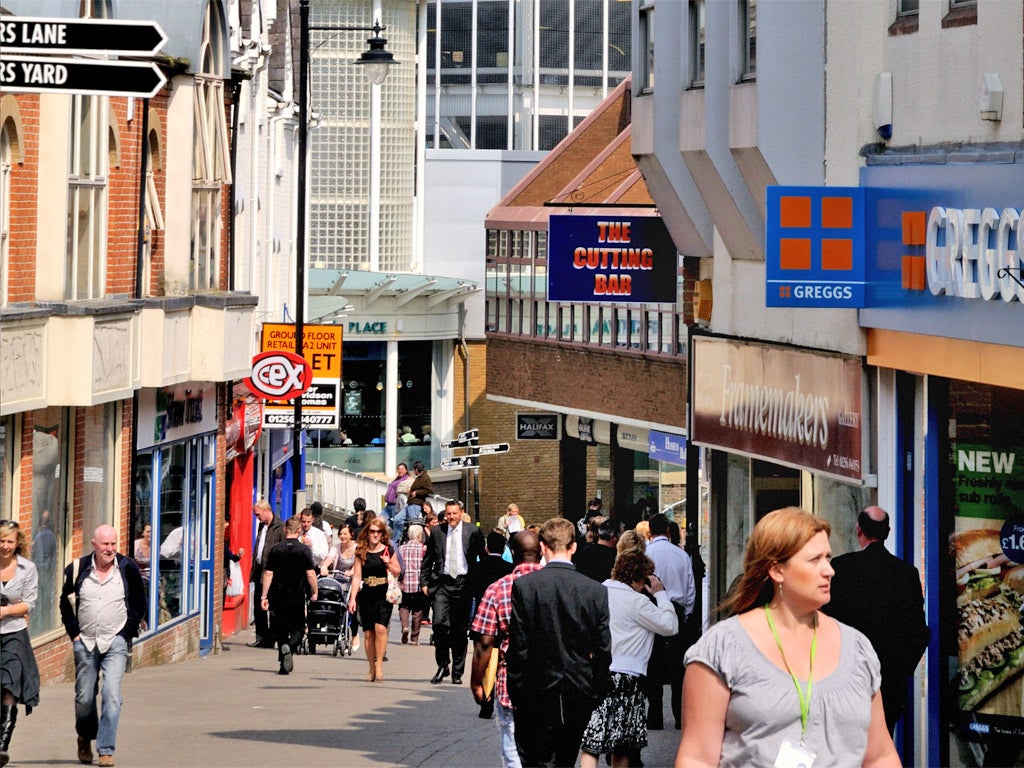UK shoppers defy economic gloom as sales rise, but retail recovery remains fragile
Retail sales up 5.5% on February but problems continue for pubs, bars and restaurants, say experts

UK shoppers defied economic gloom and rising Covid-19 case numbers by increasing their spending for the fifth successive month in September.
However, experts warned the latest figures may be giving an overly optimistic view of the economy, while a separate survey indicated that consumer confidence fell in October as new restrictions were announced.
Official figures showed DIY sales remained buoyant in September while clothing retailers are suffering from rules that have limited socialising.
Overall retail sales volumes were up 5.5 per cent on February, before the pandemic hit, the the Office for National Statistics reported.
In the three months to September, retail sales volumes increased by 17.4 per cent compared with the previous three months which included the height of lockdown. The increase was the biggest on record.
As households ate out less, grocery sales increased, and non-food sales in stores were 1.7 per cent above February levels.
Supermarkets are expected to benefit further as a ban on households mixing in many areas of the country causes fewer people to visit pubs and restaurants.
Mark Lynch, Partner at Oghma Partners warned the numbers pointed to big problems for some businesses.
“UK shoppers have been buying more food and drink at supermarkets because they have been spending less on eating out,” he said.
“We are sadly seeing more and more long term problems for food-to-go and food service providers. The fact is that more end user businesses will go bust, including pubs, restaurants.”
That will have a knock-on impact on manufacturers making food for those businesses, Mr Lynch added.
Fewer car journeys meant fuel sales were 8.6 per cent down from pre-pandemic level and clothing sales volumes remained 12.7 per cent down.
Helen Dickinson, chief executive of the British Retail Consortium, said the recovery is fragile as retailers enter the crunch festive period that typically accounts for a fifth of annual sales.
“While food and online retail continued to show strong growth, high street shopping has struggled in recent months, with footfall still down by over a third.
“Tighter government restrictions have taken their toll on fashion and beauty sales, while home office and computing equipment has benefited.”
Separate data gave cause for concern about how long the recovery can last.
The IHS Markit/CIPS purchasing managers’ index (PMI), a closely watched measure, came in at 52.9 in October, after hitting 56.5 a month earlier. A score above 50 is considered to show growth.
A separate survey by GfK indicated that consumers’ confidence about the economy slipped in October.
Join our commenting forum
Join thought-provoking conversations, follow other Independent readers and see their replies
Comments




Bookmark popover
Removed from bookmarks